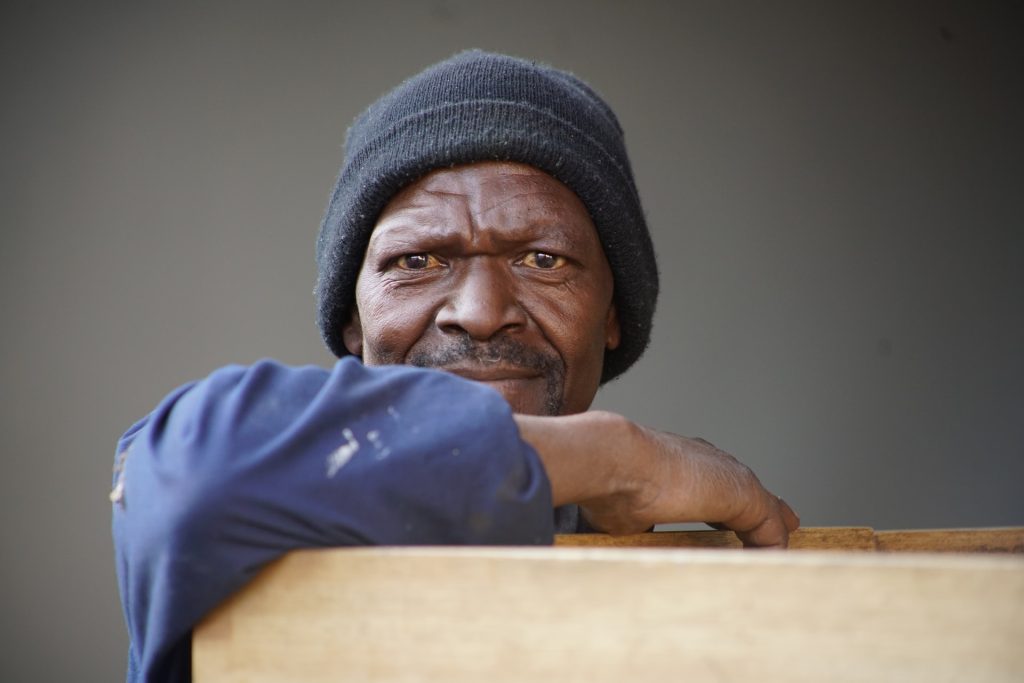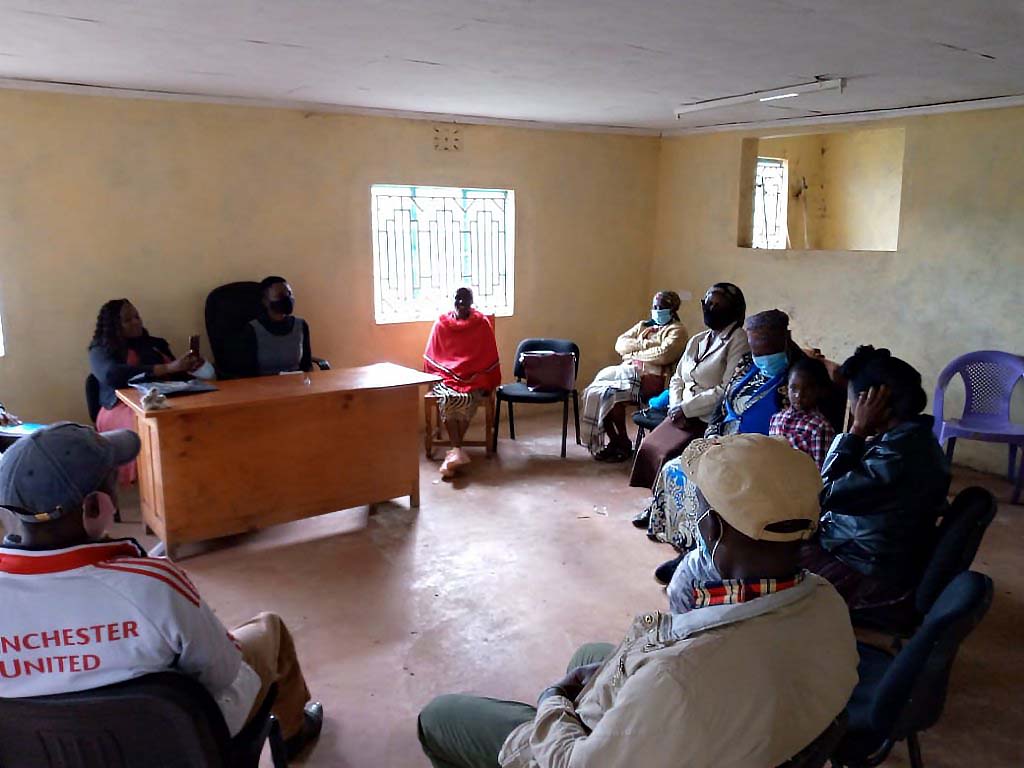How can we beat poverty traps?

Finding a way out can seem like a closed circle when you are stuck in the poverty trap.
We believe that there is a way, a method that can support people to beat poverty traps. Let us explain what we mean.
Let’s begin with a thought experiment. Imagine working in an agriculture field, for which you have to walk about an hour every morning. Now imagine one day you wake up to an idea.
In those long morning walks, you see dozens of other people in the exact same situation. Some must walk even longer. That is dozens of people who would gladly pay a small amount to be taken to work. Why? Because they are paid by the hour, which means that arriving early would generate more earnings that day.
If only you had a van, you could offer transportation to them and earn three times as much as you do now, and even have extra time left each day that you could use to work some more or for leisure… or at least that is what you think.
What would you do next?
Buying a van seems almost like an impossible dream. How would you save for it? Also, credit is not available in the area. And even if it would, you are not sure if you would be able to pay that amount back. Are you calculating gas and maintenance costs properly? Maybe most people don’t mind walking to work and wouldn’t take your service…

You have a great idea, but you lack the saving capacity and some of the knowledge to make it a reality.
This is what is usually understood as being in a poverty trap: there are several obstacles that prevent you from escaping poverty. You have a great idea, but you lack the saving capacity and some of the knowledge to make it a reality.
Now you can go back to being you and we can call our hypothetical person Ben. we have a question for you. How could somebody help Ben escape poverty?
We’ll give you a minute to think about it.
Ready?
If your answer was something like validating his business model, confirming that it’s profitable, then lending him the money he needs, and offering training on some of the specific aspects of the business, you are on our team.
That is the approach we take when we want to deal with poverty (albeit, of course, oversimplified, as we rely on our partner on the ground for the training and other aspects of the process). But it is not the only approach.

We rely on our partner on the ground for the training and other aspects of the process.
There is another, the “traditional” approach, which is basically identifying Ben’s family as poor and then giving them some food one day a week with money from donations. It is not that this is “bad”. Both approaches are different, not only in their method of choosing who to help, but also in the impact they generate on Ben, his family, and even his society. Very different actually.
Following the first approach, we focus on ideas (validating is a keyword here) and not only on needs. And we do this because we want to generate a sustainable impact. One that outlasts our presence and actions.
We want Ben and his family not to rely on us (or on anybody, for that matter) to feed themselves and live a more dignified life. We want them to “escape poverty” (going back to our title). Give a man a fish, and you will feed him once. Teach him to fish…. We all know how the saying goes. It’s a simple concept. Applying it to specific cases is what is complicated, and that is one of the reasons why the second approach is much more prevalent than the first one. But we believe that shouldn’t stop us from doing what is best.
What do you think?
Make a difference in someone´s life
To learn more about real projects, visit Our programmes page, and please consider donating. Every small contribution makes a difference in someone´s life.